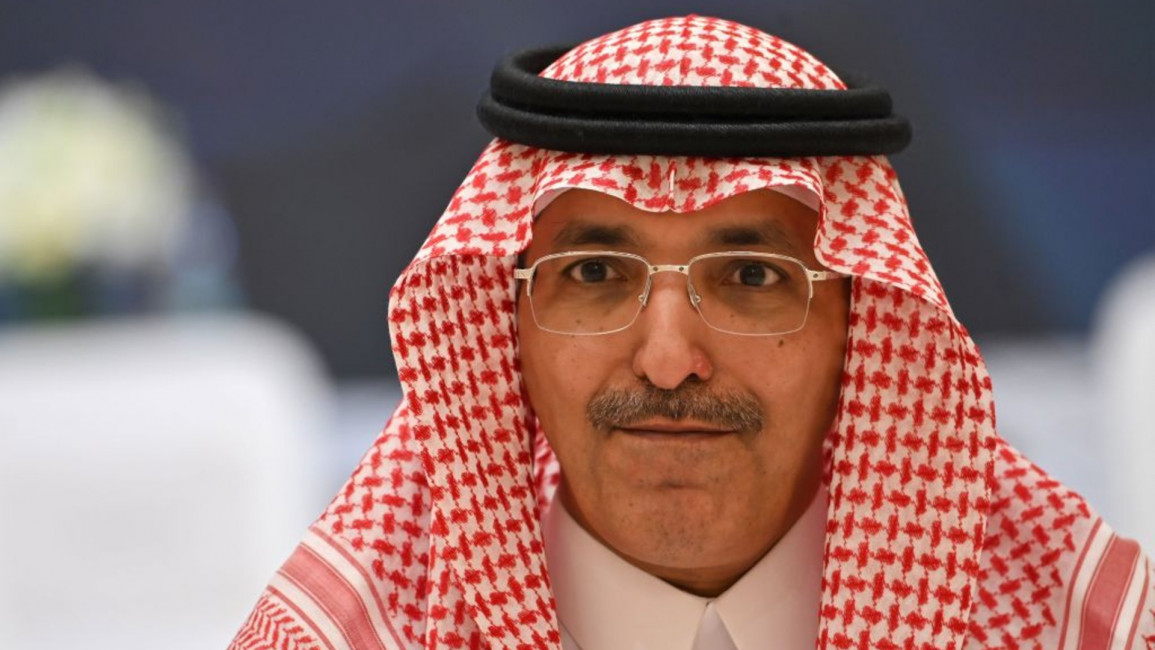Follow us on Facebook, Twitter and Instagram to stay connected
Saudi Arabia could introduce income tax and asset sales to weather economic storm
Saudi Arabia could introduce income tax and sell assets in a bid to weather one of its worst economic crises in years, the country's finance minister said on Wednesday.
Mohammed Al-Jadaan told Bloomberg that he was "considering all options" to deal with a huge government deficit caused by the coronavirus crisis and low oil prices.
While the introduction of the tax was "not imminent" and "would require a lot of time" to roll out, the government was not ruling "anything out", he said.
The introduction of an income tax is a highly controversial subject in Saudi Arabia, where citizens are accustomed to a generous welfare state and generally high salaries in the public sector, financed by oil sales.
Saudi state media was quick to deny the government was considering the introduction of income tax or that the country's cabinet had discussed the subject.
|
|
Saudis are living under an increasingly repressive regime, since Crown Prince Mohammed bin Salman centralised power over the past five years.
The de-facto ruler gives no quarter to dissent and hundreds of suspected rivals - including princes and business figures - have been detained in an apparent anti-corruption campaign.
Critics have dubbed it a shakedown and a means for the the young prince to consolidate absolute power.
Online critics and activists have also been jailed, tortured, and even killed by security forces.
A massive drop in demand for oil this year due to the coronavirus epidemic has hit prices hard and reduced the government’s income.
Saudi Arabia's economy could shrink by 6.8 percent in 2020, as lockdowns and retail closures have affected the kingdom's private sector.
Among the options open to the government after massive amounts of borrowing and depleting reserves is the sale of state assets, the minister said.
The privatisation of parts of the education, health and utilities sectors could raise as much as 50 billion riyals ($13 billion), Al-Jadaan said.
The part privatisation of Saudi-energy giant Aramco has been a disappointment for many in the kingdom, who believed the sale should have taken place in a better environment for oil.



